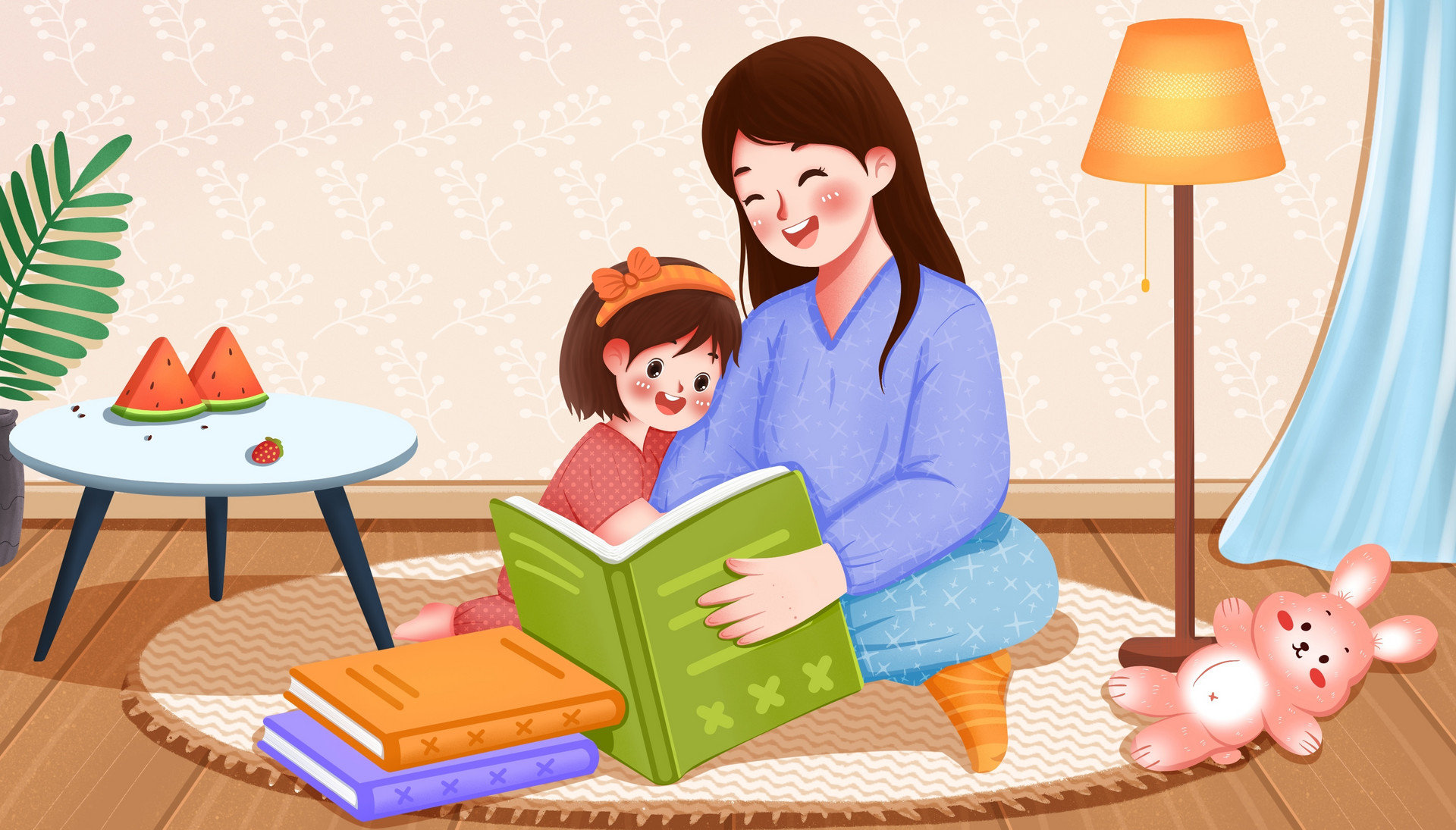Pregnancy, expectant mothers are more vulnerable to diseases due to changes in their body functions, especially the following 5 common diseases. Expectant mothers should be more vigilant and handle them carefully.
Disease 1: Common Cold
Expectant mothers are particularly prone to catching a cold. When experiencing a cold, it is generally not recommended to use antibiotics or similar medications, especially in the early stages of pregnancy, as they may have an impact on the developing fetus. It is important to differentiate between a common cold and viral influenza. For a common cold, it is recommended to use physical treatments such as drinking plenty of water, getting enough sleep, consuming fruits and vegetables, and keeping warm. If an expectant mother has influenza with symptoms like fever, special treatment should be sought under the guidance of a doctor.
In terms of diet, expectant mothers should consume high-protein, high-vitamin, and high-mineral foods during illness. Avoid greasy foods.
Disease 2: Edema
Over 90% of women experience swelling of the ankles and legs during pregnancy. If no other symptoms are present after examination, it can be considered a normal occurrence and usually improves in the later stages of pregnancy.
Edema during pregnancy is caused by increased body fluids, compression of pelvic veins, and obstruction of lower limb venous return. If discomfort arises due to edema, it is recommended to elevate the legs as much as possible to facilitate blood flow in the lower limbs. It is best to lie on the side with a small pillow under the calves and rest for half an hour.
In terms of diet, moderate consumption of salty, spicy, and pickled foods is advised. Drinking red bean soup, which has diuretic effects, is recommended. Additionally, expectant mothers should drink plenty of water to assist the excretory system in eliminating waste from the body, which helps prevent fluid retention. However, it is important not to consume excessive amounts of water.
Disease 3: Abdominal Pain and Diarrhea
There are many possible causes of abdominal pain in expectant mothers. If it occurs, it is important to seek detailed examination at a hospital to determine whether it is related to the fetus. Other causes of abdominal pain include gastric bloating, intestinal spasms, appendicitis, and bacterial dysentery. Expectant mothers with abdominal pain symptoms should not delay seeking medical attention to prevent the worsening of the condition. Appendicitis, for example, can even cause premature labor.
The most common cause of gastrointestinal discomfort is indigestion, which generally does not require medication. Expectant mothers only need to reduce the intake of high-fat foods, avoid spicy foods and beverages containing caffeine, and increase the intake of high-fiber foods, which can also alleviate constipation caused by indigestion. Additionally, expectant mothers should eat small meals frequently.
Disease 4: Skin Allergies
Skin allergies in expectant mothers are usually caused by internal heat in the late stages of pregnancy. The presence of a baby in the womb can make the body more prone to dryness and changes in the immune system.
Itching on the skin of pregnant women during the gestational period is a type of eczema. At this time, it is recommended to boil mung beans into a soup until the bean shells slightly crack, without adding any sugar, and drink only the soup. Mung beans have a cooling effect and drinking some during the later stages of pregnancy can reduce internal heat and alleviate allergies. However, during autumn and winter, it should be consumed in smaller quantities.
For skin itching caused by skin allergies, applying lotion to the affected areas in the morning and evening can help.
Disease 5: Prenatal Depression
Constantly worrying about the health of the fetus, doubting the symptoms of pregnancy, and feeling nervous and fearful after reading medical information are common symptoms of prenatal depression. Some expectant mothers may experience more severe prenatal depression, such as low mood, loss of appetite, and extreme lack of security.
When expectant mothers are psychologically unwell, it can also affect the baby as they are closely connected. Therefore, the support of family members is particularly important at this time. As long as family members provide more care and assistance, the mood of expectant mothers can improve. In addition, the husband can accompany the wife to consult a psychiatrist and help the expectant mother improve her mood without relying on medication as much as possible.





